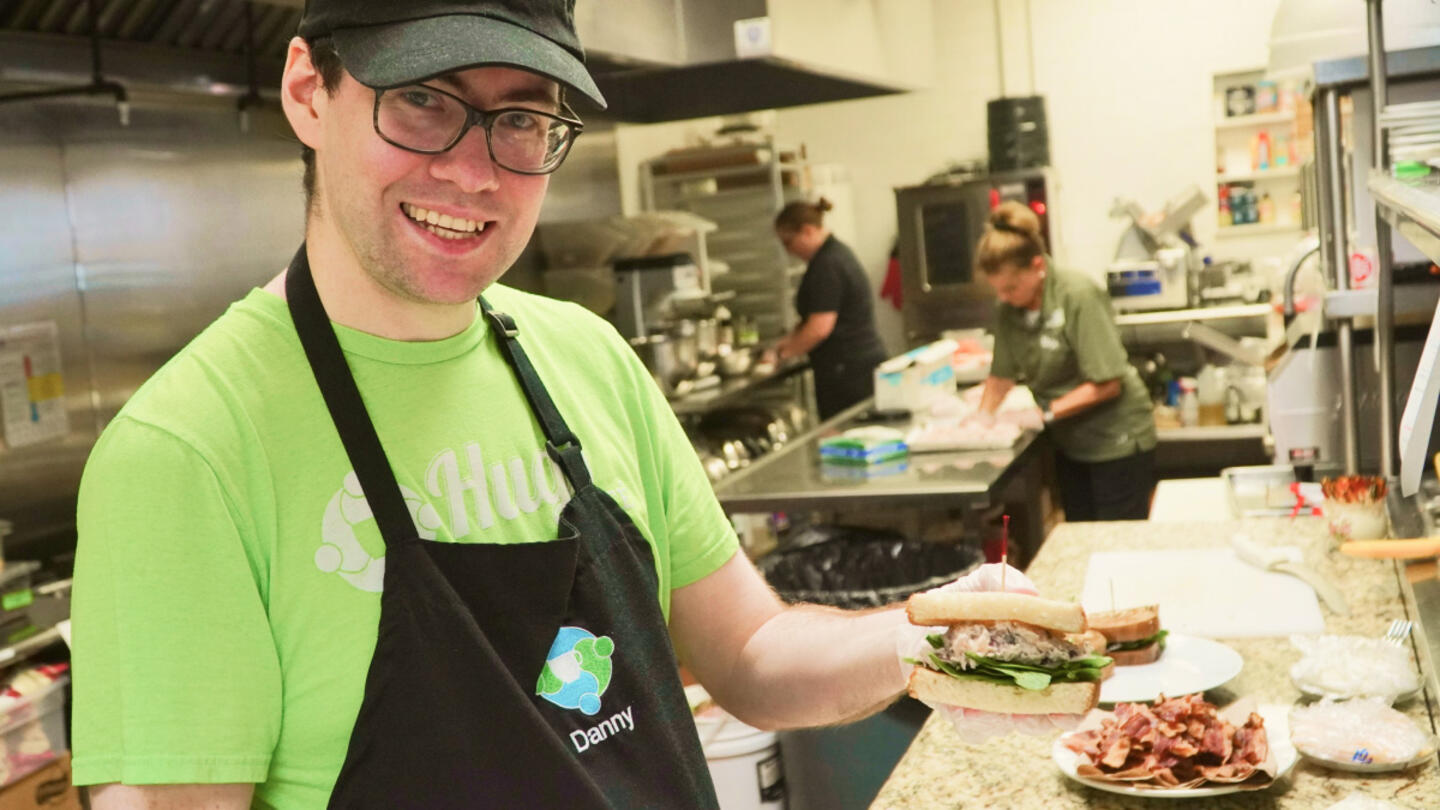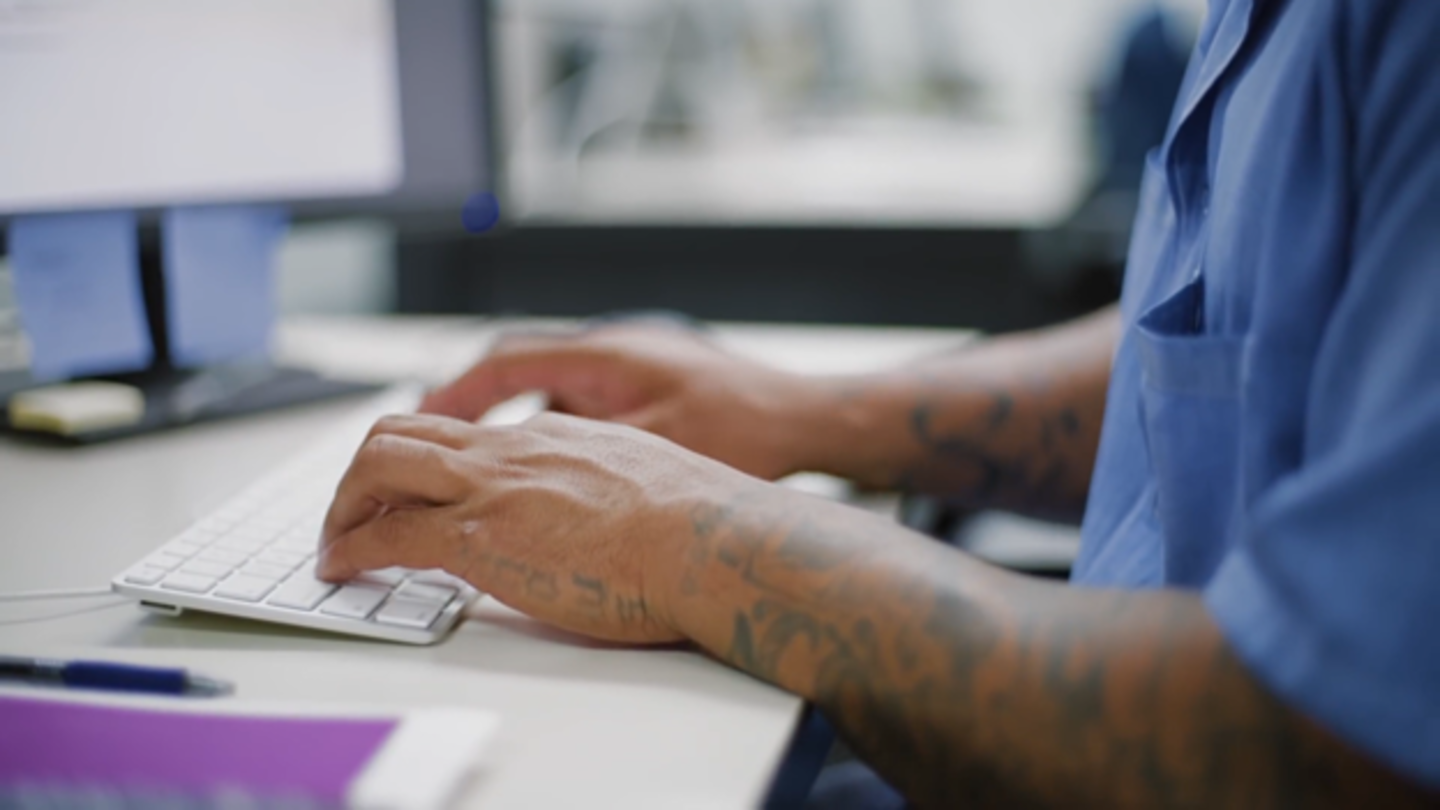Reentry programs play a crucial role in empowering formerly incarcerated individuals as they transition back into society. These programs provide resources, support, and opportunities, enabling these individuals to rebuild their lives with dignity, while contributing to their communities through voluntary engagement and mutual benefit.
Why are reentry programs important?
Reentry programs are designed to address the significant challenges people face when returning to society after prison. These challenges include securing employment, finding stable housing, accessing education, and receiving essential mental health support.
By addressing these needs, reentry programs aim to:
- Reduce recidivism: Providing resources and opportunities helps individuals avoid reoffending and fosters lasting personal growth.
- Promote economic empowerment: Employment opportunities help individuals become self-reliant, contributing to their own well-being and society’s progress.
- Enhance community safety: Empowering individuals to reintegrate successfully contributes to safer, stronger communities.
- Expand educational opportunities: Access to education and vocational training helps individuals develop skills, improving their employability and enriching their lives.
- Foster community reintegration: These programs encourage individuals to rebuild relationships and contribute meaningfully to their communities.
6 notable reentry programs
Organizations supporting reentry provide a foundation for personal empowerment, helping individuals rediscover their potential. These programs focus on voluntary support — offering job training, housing assistance, mentorship, and education — so that individuals can pursue self- actualization while contributing to society.
1. Root & Rebound
Root & Rebound empowers individuals leaving prison by offering comprehensive legal and social support. By addressing key barriers such as employment, housing, and family reunification, Root & Rebound helps individuals regain their autonomy. The program’s holistic approach fosters personal responsibility and self-sufficiency, aligning with the principle of dignity. Surveys show that 94.5% of participants feel more confident about finding better jobs, and 100% believe their stories and potential are valuable — a testament to the program's impact.
2. FreeWorld
FreeWorld provides access to high-paying career opportunities for individuals with past convictions, focusing on industries like truck driving. By offering training, job placement, and ongoing support, FreeWorld helps individuals achieve financial independence and a sense of purpose, benefiting both themselves and their communities. This reflects the principle of mutual benefit — the program creates value for individuals and society while reducing recidivism and contributing to economic growth.
Sign up for the Strong & Safe Communities newsletter for stories, ideas, and advice from changemakers working with their neighbors to address the biggest problems we face.
3. JUMPSTART Prison Ministry
JUMPSTART Prison Ministry focuses on breaking the cycle of incarceration by providing mentorship, life skills, and education through a faith-based approach. The program’s combination of spiritual and practical resources empowers individuals to change their lives for the better. The success rate — 96% of graduates stay out of prison — underscores the program’s alignment with human dignity and the positive outcomes of voluntary participation.
4. Prison Fellowship Academy
Operating within correctional facilities, Prison Fellowship Academy prepares individuals for reentry through character development and vocational training. By emphasizing personal growth, accountability, and leadership, the academy helps individuals embrace their own agency, equipping them to succeed after release. This approach enhances dignity and fosters a sense of mutual benefit by strengthening both the individual and the community.
5. Easy Expunctions
Easy Expunctions provides affordable legal services to help individuals clear their criminal records, opening the door to employment, housing, and educational opportunities. By simplifying the expungement process, this program empowers individuals to move forward with their lives — removing barriers to their pursuit of happiness and self-actualization. It reflects dignity by respecting the individual's right to a fresh start and mutual benefit by enabling them to contribute to society.
6. The Frederick Douglass Project
The Frederick Douglass Project brings groups into prisons to engage with residents, recognizing the inherent dignity in every individual. These interactions foster understanding, challenge stereotypes, and provide positive role models for incarcerated individuals. By expanding these visits, the project aims to create an inclusive community where the value of each person is recognized, promoting both dignity and mutual benefit in the reentry process.
The path to empowerment through reentry programs
Reentry programs are vital for empowering individuals with past convictions to reclaim their lives. Organizations like Root & Rebound, FreeWorld, and JUMPSTART Prison Ministries exemplify how a focus on personal empowerment and voluntary support can lead to long-term success, safer communities, and a more just society.
These programs demonstrate that when individuals are given the opportunity to contribute to society through education, employment, and mentorship, they find meaning in their lives while helping to create a more prosperous and peaceful community. By supporting the unique potential of each individual, reentry programs foster a society grounded in dignity and mutual benefit.
More about reentry programs
America faces significant challenges with violent crime, but data-driven initiatives from the Center for Violence Reduction are paving the way for safer communities. These solutions emphasize empowering individuals and transforming communities through respect for human dignity, rather than relying solely on punitive measures.
Is America's prison system in need of reform? The Warden Exchange is addressing this by equipping leaders to create rehabilitative environments that prioritize personal growth and accountability. By focusing on transformational leadership and innovative programs, the Warden Exchange is reducing recidivism and promoting public safety in ways that benefit both individuals and society.
At Mt. Tamalpais College within San Quentin, education is proving to be a powerful tool for change. By offering transformative learning opportunities, this college helps inmates lower re-arrest rates by an impressive 93%. This educational approach not only reduces recidivism but also empowers individuals to realize their potential, contributing to a positive societal impact grounded in mutual benefit.
***
Learn more about Stand Together’s efforts to build strong and safe communities and explore ways you can partner with us.

People with disabilities want meaningful work — and Hugs Cafe is making it happen.

At this ‘resort,’ children with intellectual disabilities are seen as gifts to be celebrated and loved.

Veterans experience loss when leaving service. Could this be key to understanding their mental health?

The Grammy-nominated artist is highlighting the stories we don’t get to hear every day.
